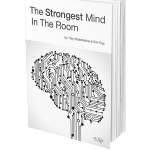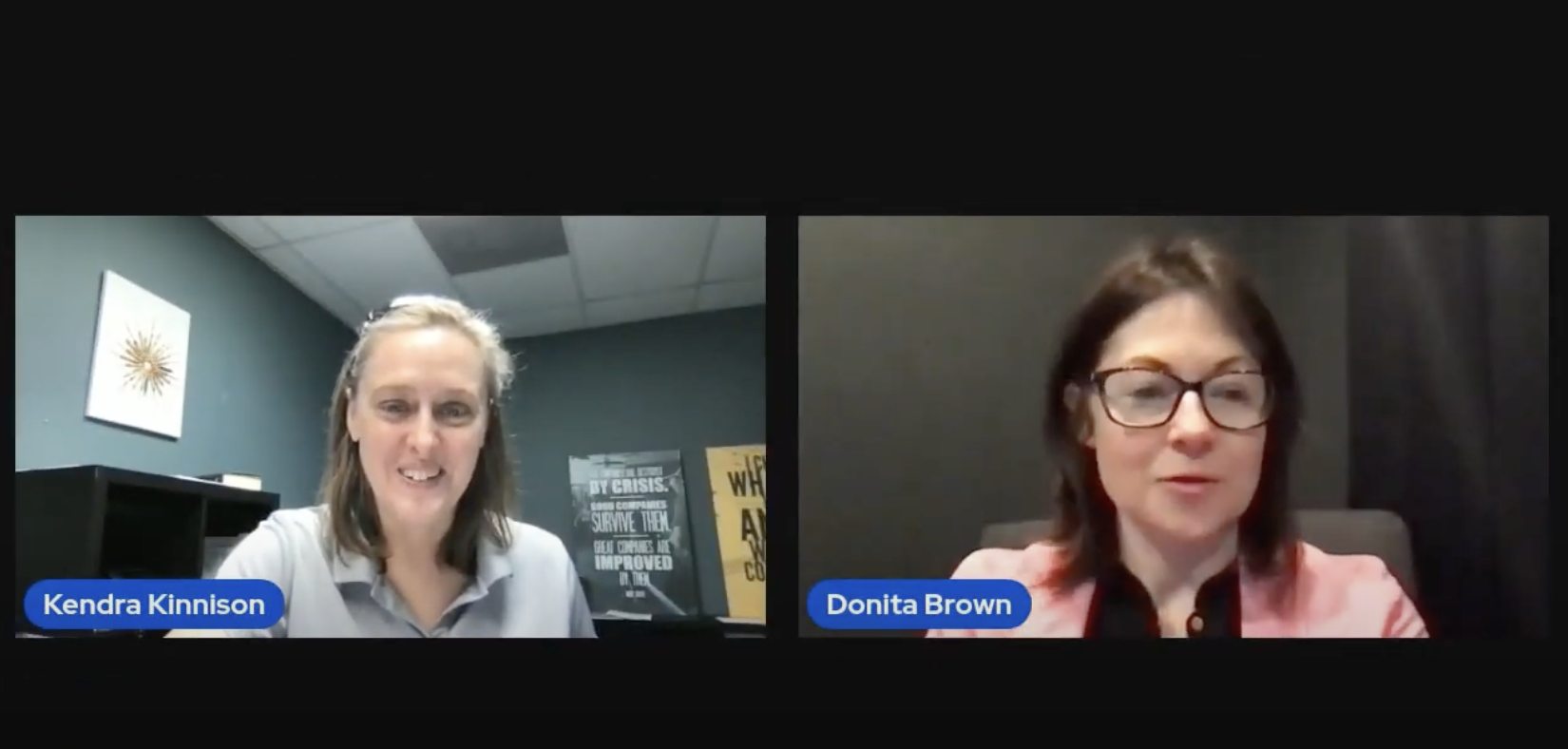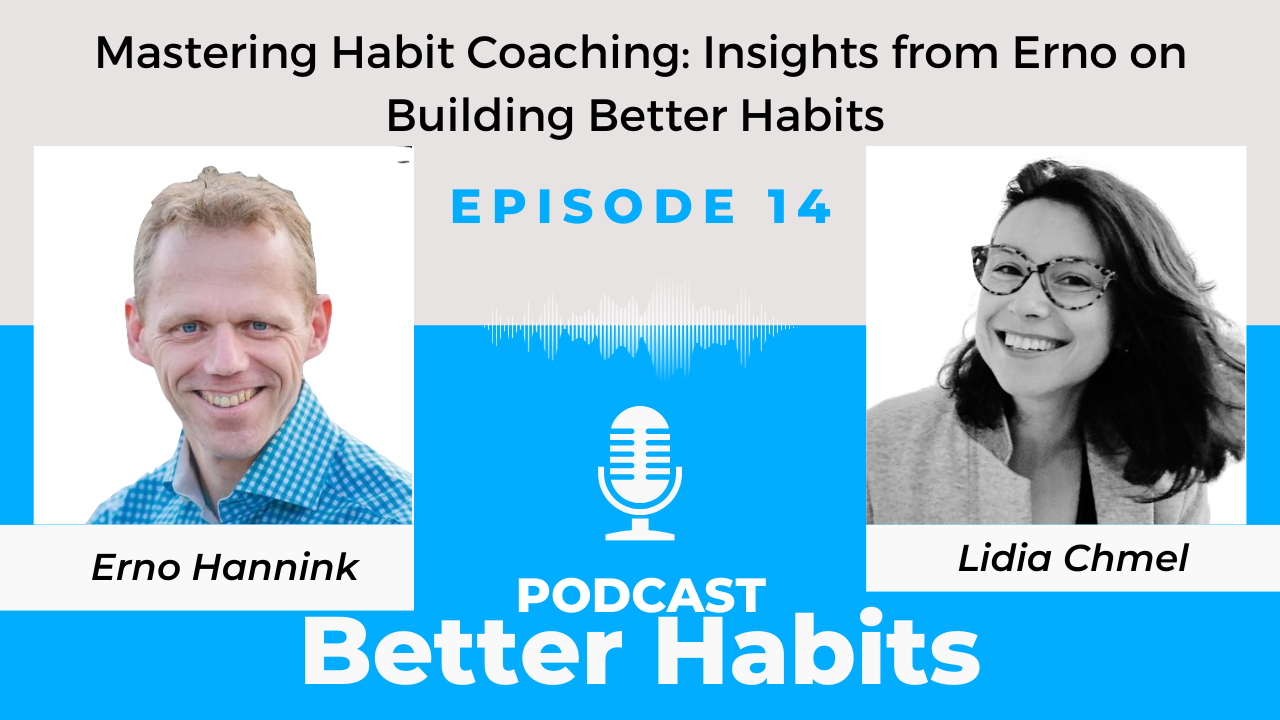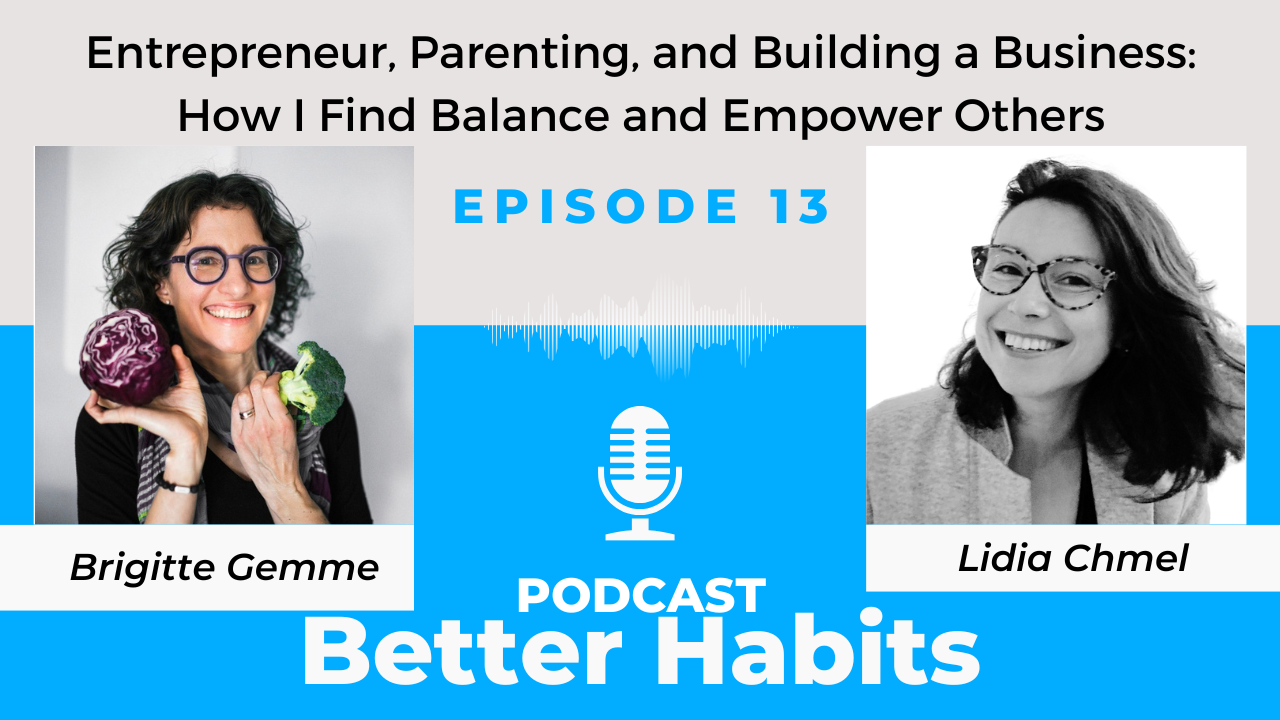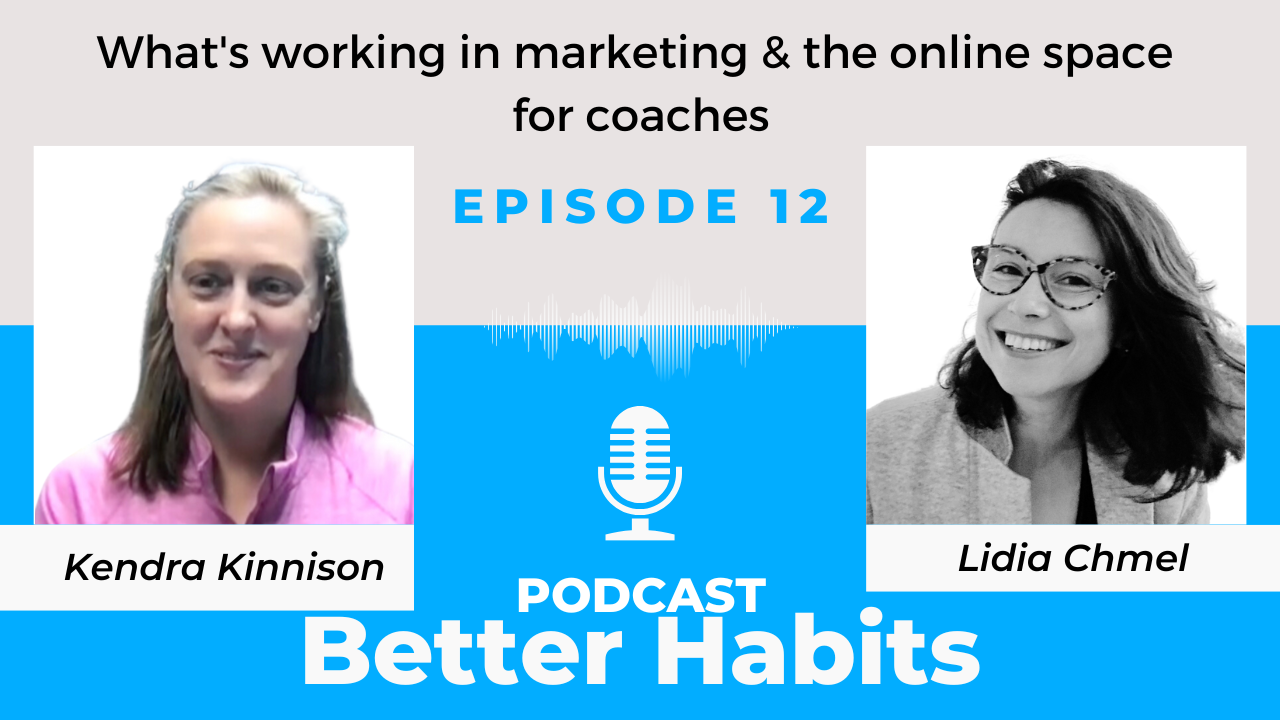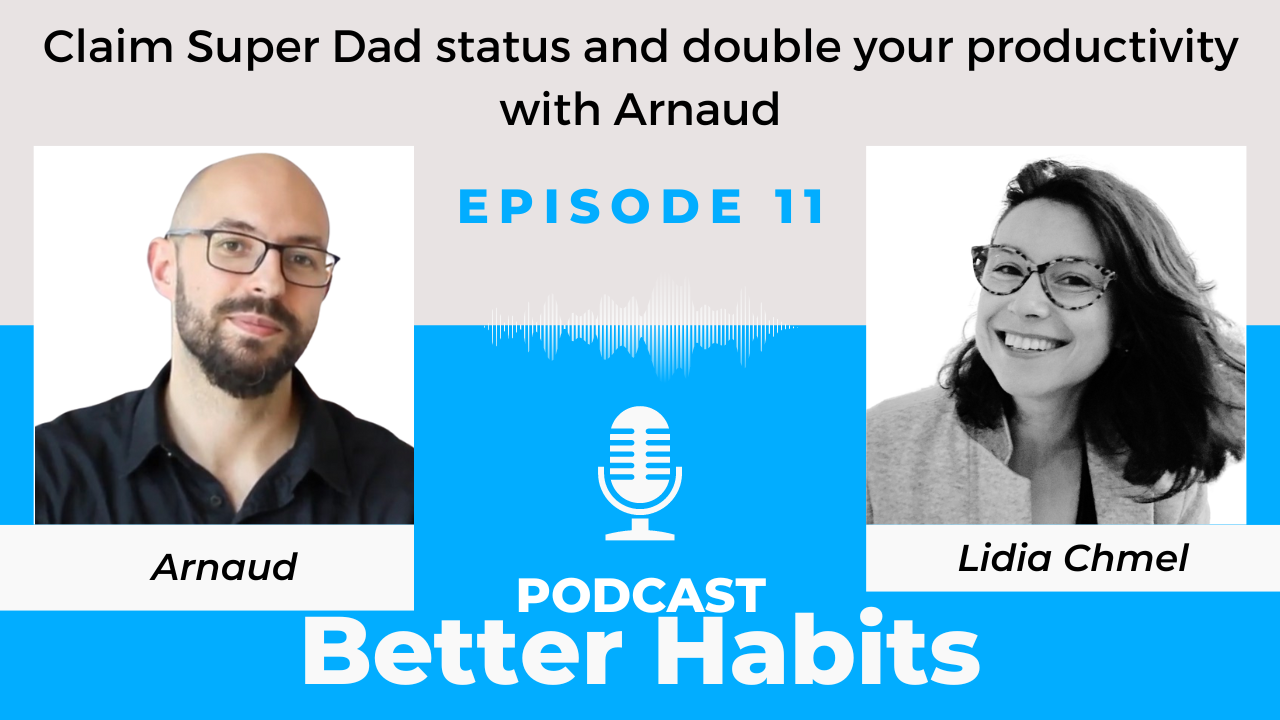Most people who have never meditated think that stress gives them their edge. My business [students] think that the stress is the thing that keeps them driven and ahead of the next guy. But if you are looking at how you perform as compared to the next stressed out human instead of stepping into the limitless energy that meditation provides, then you will never know your full potential.
Emily Fletcher is the founder of Ziva Meditation offering courses in Vedic Meditation to all levels of meditators in NYC and LA. She is also the creator of zivaMIND the world’s first online meditation training. She’s also taught at Google as well as conferences worldwide. Emily became a meditation teacher after seeing how much meditation improved her mental and physical performance. She told us about her experiences in meditation and gave tips for how you can incorporate meditation and mindfulness into your work life.
Why did you start meditating? What was your goal?
I started meditating during my 10 year career on Broadway. My last job was incredibly intense and required me to understudy three of the lead roles in A Chorus Line, which left me in a constant state of anxiety. I started having insomnia and going gray at the tender age of 26. I was also getting sick and injured way more often than I wanted. Thankfully an amazing woman sitting next to me in the dressing room recommended meditation and she managed to make her job look effortless. Here is the crazy thing. On the first day of the first course, I slept through the night for the first time in 18 months. I have every night since and that was 9 years ago.
My only ‘goal’ when I started was to stop going gray and start sleeping again. I had no idea it was going to change my life so dramatically. It up-leveled my performance and my life so profoundly that I felt compelled to share it with others. So I left Broadway, went to India and then trained for three years to become a meditation teacher. To be a teacher of Vedic meditation you move through a program that is similar to getting a PhD in neuroscience according to the Veda.
What is your meditation routine?
My usual is 20 min in the am and 20 min sometime mid afternoon. When I am feeling fancy or leading retreats I will do some advanced techniques. They take about an hour and feel like industrial strength meditation. Quite intense but you feel squeaky clean afterwards. My first priority is my students, so if I have five classes a day I will meditate five times a day. That is usually not recommended unless you have been practicing for quite some time.
Can you tell me a story about how meditation improved your performance?
How long do you have? It has increased all of the above by 1000 fold. I wrote a whole book about it. It is called, “From Vodka to Veda” and I am working on the final edits and finding a publisher now (shameless plug). The point of the book is to illustrate that the desire for vodka and the desire for meditation are the same. It is just that one is destructive and one is constructive. Running Ziva Meditation and handling the level of demand that is constantly streaming in while creating new programs, online meditation training, writing, hiring employees, training new teachers and traveling around the world to teach would not be possible without my daily practice. I am endlessly grateful for it and all it allows me to give back to the world.
Do you think meditation gives you a competitive edge? Why?
Most people who have never meditated think that stress gives them their edge. I teach a lot of CEO’s and a lot of celebrities. Both can be addicted to their stress but in different ways. My business folk think that the stress is the thing that keeps them driven and ahead of the next guy. But if you are looking at how you perform as compared to the next stressed out human instead of stepping into the limitless energy that meditation provides, then you will never know your full potential.
The artists and actors that I work with often confuse their former pain or life circumstances as the source of their creativity. This is not the truth. Former trauma does not make you more creative. If anything it robs you from it by forcing you to protect yourself from potential dangers which rob you of the ability to access the full creative potential in the right now. There is a whole field of neuroscience emerging around this topic; how meditation increases the size of the corpus callosom which is the bridge between the left and right brains, aka the analytical and creative mind. Meditation helps you to access both simultaneously which means that even in a high demand situation you still have access to limitless creative problem solving ideas. If that doesn’t give you a competitive edge then I don’t know what will.
What is the #1 misconception about meditation?
That the point is to give your mind a command to stop thinking. The mind thinks involuntarily, just like the heart beats involuntarily. This is why most people think they “can’t” meditate. Because they heard someone say on Youtube or a yoga class to ‘clear your mind’ which is 100% impossible. Instead you need to give your mind a tool and/or some training to help it de-excite. The deep rest that you give your body during meditation is what induces the healing and the stress release. Less stress in your body is the thing that helps you perform better at life. No one cares if you are a good meditator. Everyone cares if you are good at life.
Do you have tips for people who want to incorporate mindfulness into their work lives?
One thing I have found helpful over the last several years in terms of bringing your meditation practice into the workplace is to return to your body and the breath over and over again throughout your day. I often set a timer when I know I am going to be working for many hours straight. Every hour when it goes off I close my laptop, raise my gaze, and practice shamatha. After a minute or so I return to my work, setting the timer again for another hour. Doing so breaks up the work routine and habitual stressful momentum, and allows me to return to what’s going on right now, several times throughout my work day.
Get your free chapter of The Strongest Mind in the Room: How Meditation Boosts Human Performance. Find free guided meditations on our How to Meditate Lift Guide.

